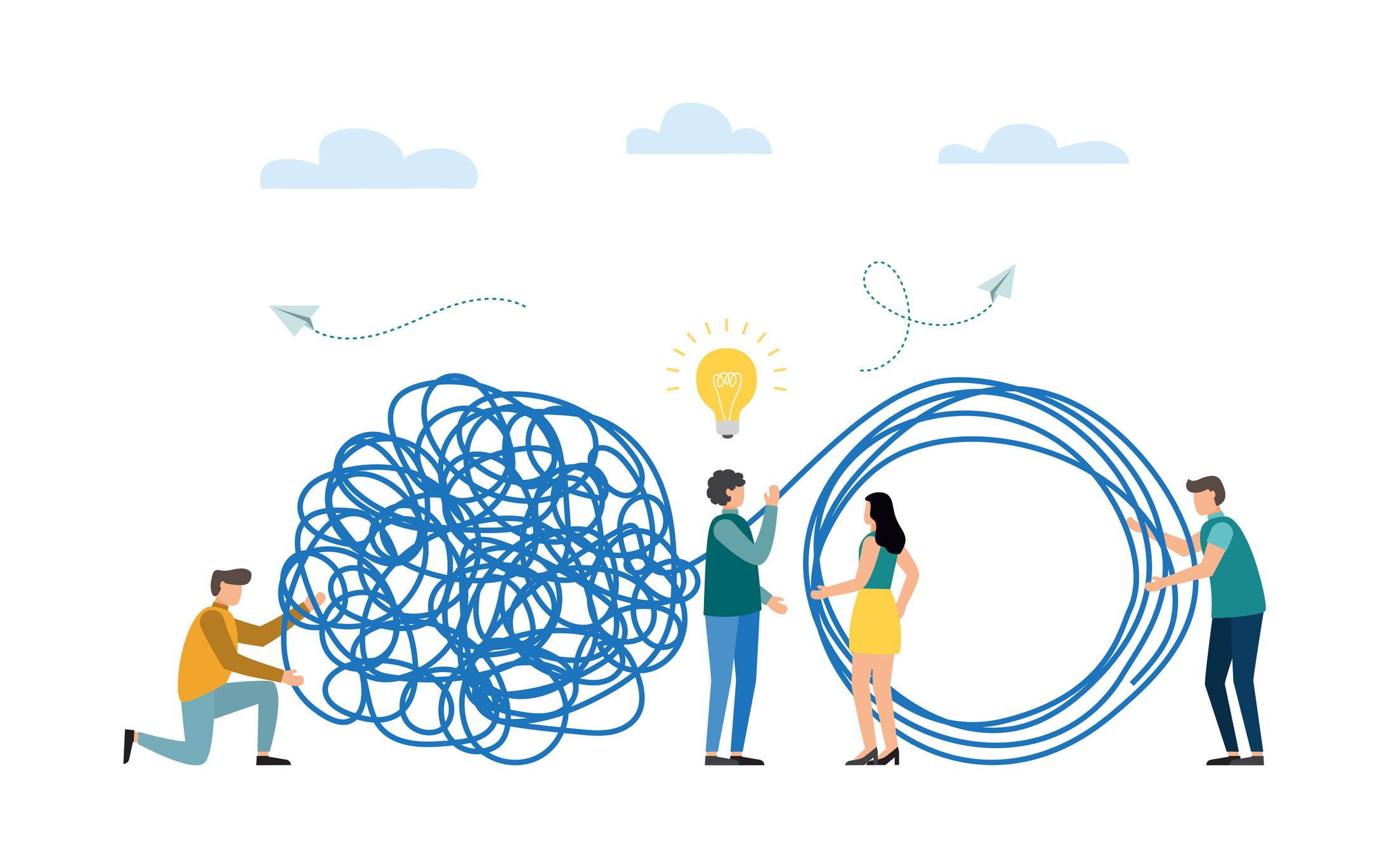The Importance of Boundaries: Why It’s Perfectly Fine (and Beneficial) to Set Limits with Clients

In the realm of business and client relationships, the concept of setting boundaries might initially raise eyebrows. Aren’t we supposed to always go the extra mile and be available round the clock to cater to our clients’ needs? Having lived that life of trying to please every client all the time, floating around the house with my laptop or cell phone at the ready to answer any and every request immediately if not sooner, I can confidentially tell you, it’s exhausting and not productive. While exceptional service is essential, it’s equally vital to establish and communicate clear boundaries with your clients. Having boundaries with clients is not only acceptable, but also highly advantageous for both you and your clients.
-
Respect Your Time and Energy:
One advantage of setting boundaries with clients is the preservation of your time and energy. By establishing designated work hours and response times, you create a structured workday that allows you to focus on delivering your best work within those boundaries. This structured approach ensures you don’t overextend yourself, preventing burnout and enabling you to consistently provide top-quality service to your clients.
-
Maintain Work-Life Balance:
Creating boundaries is an essential step in achieving a healthy work-life balance. Without clear limits, work can easily encroach upon your personal life, leading to stress and a diminished sense of well-being. When you allocate specific times for work and personal life, you can enjoy more downtime and meaningful moments with loved ones. Striking this balance not only benefits you personally but also helps you recharge and bring fresh perspectives to your client work.
-
Strengthen Client Relationships:
Surprisingly, setting boundaries can strengthen your client relationships. Open and clear communication about your availability and response times ensures that your clients know what to expect. This, in turn, allows them to plan their interactions with you more effectively, leading to a smoother and more satisfying experience for both parties involved.
-
Display Professionalism and Self-Respect:
Establishing boundaries is a testament to your professionalism and self-respect. It signals your commitment to delivering quality results and conveys that you take your work seriously. Clients are more likely to view you as a reliable and trustworthy partner when you uphold clear boundaries, contributing to a healthier and more mutually respectful working relationship.
-
Enhance Productivity:
Boundaries create a structured work environment that promotes productivity. Knowing when to focus exclusively on client work and when to step away for personal time helps you stay organized and efficient. Effective allocation of your energy translates into improved productivity and the delivery of work of the highest quality.
-
Effectively Address Conflicts:
Boundaries provide a solid foundation for resolving conflicts or addressing client concerns. In situations where a client unintentionally crosses a boundary, you can address the matter professionally and assertively. By referring to the established guidelines, finding mutually agreeable solutions becomes more straightforward, reducing tension and preserving the client relationship.
Establishing boundaries with clients isn’t just acceptable – it’s highly advantageous for your business and personal well-being. By managing your time and energy efficiently, maintaining a healthy work-life balance, and strengthening client relationships, boundaries create a win-win scenario for both you and your clients. Demonstrating professionalism and self-respect, boosting productivity, and effectively handling conflicts all become easier when boundaries are in place. So, don’t hesitate to define clear limits – it’s a powerful step toward achieving success in your client relationships and your overall career.



